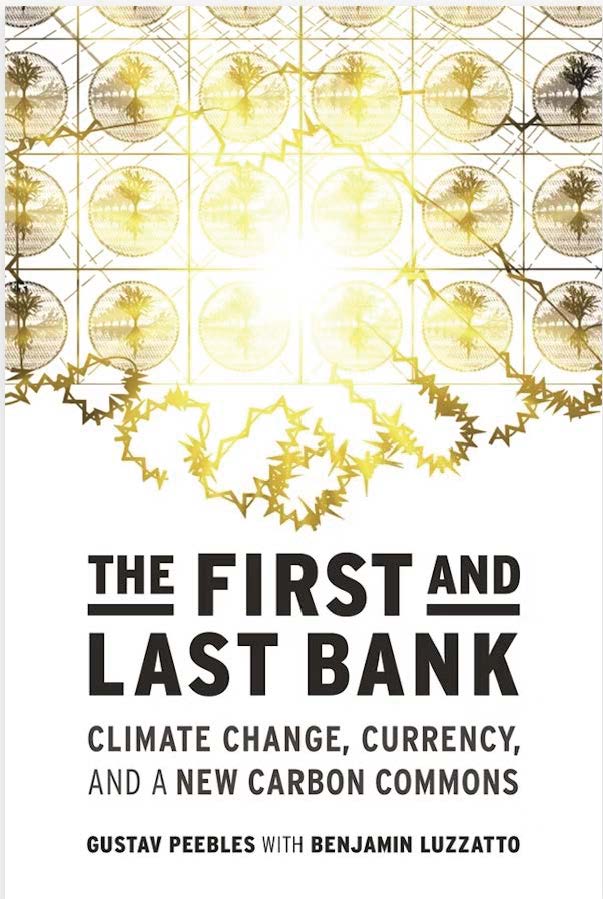
Climate Change, Currency, and a New Carbon Commons
MIT Press
Seeing currency as a powerful tool for collective action, the authors argue that dovetailing developments in digital currencies and the biosequestration of carbon have, together, made a new and radical intervention in the climate battle possible: a nonproprietary currency backed by sequestered carbon. This new currency would be managed via Wikipedia-style open-source policies that privilege sustainability and equity over endless growth and pollution. Because it is backed by sequestered carbon, the use of the currency would draw gaseous carbon out of the atmosphere and push it back into the ground, following the exact same trajectory as gold during the era of the international gold standard. While it is no silver bullet, such a currency would act as a necessary complement to wide-scale mitigation efforts, at the same time engaging ordinary citizens in the fight to reduce the dangerous levels of carbon in our atmosphere.

Currency and the Construction of a Transnational City
Indiana University Press
An anthropological look at two seemingly separate developments in Europe at the turn of the millennium: the rollout of the euro and the building of new transnational regions such as the Oresund Region, envisioned as a melding of Copenhagen, Denmark, with Malmö, Sweden. Peebles argues that the drive to create such transnational spaces is inseparable from the drive to create a pan-national currency. He studies the practices and rhetoric surrounding the national currencies of Denmark and Sweden, the euro, and several new "local currencies" struggling to come into being. The Euro and Its Rivals provides a deep historical study of the welfare state and the monetary policies and utopian visions that helped to ground it, at the same time shedding new light on the contemporary movement of goods, people, credit, and debt.
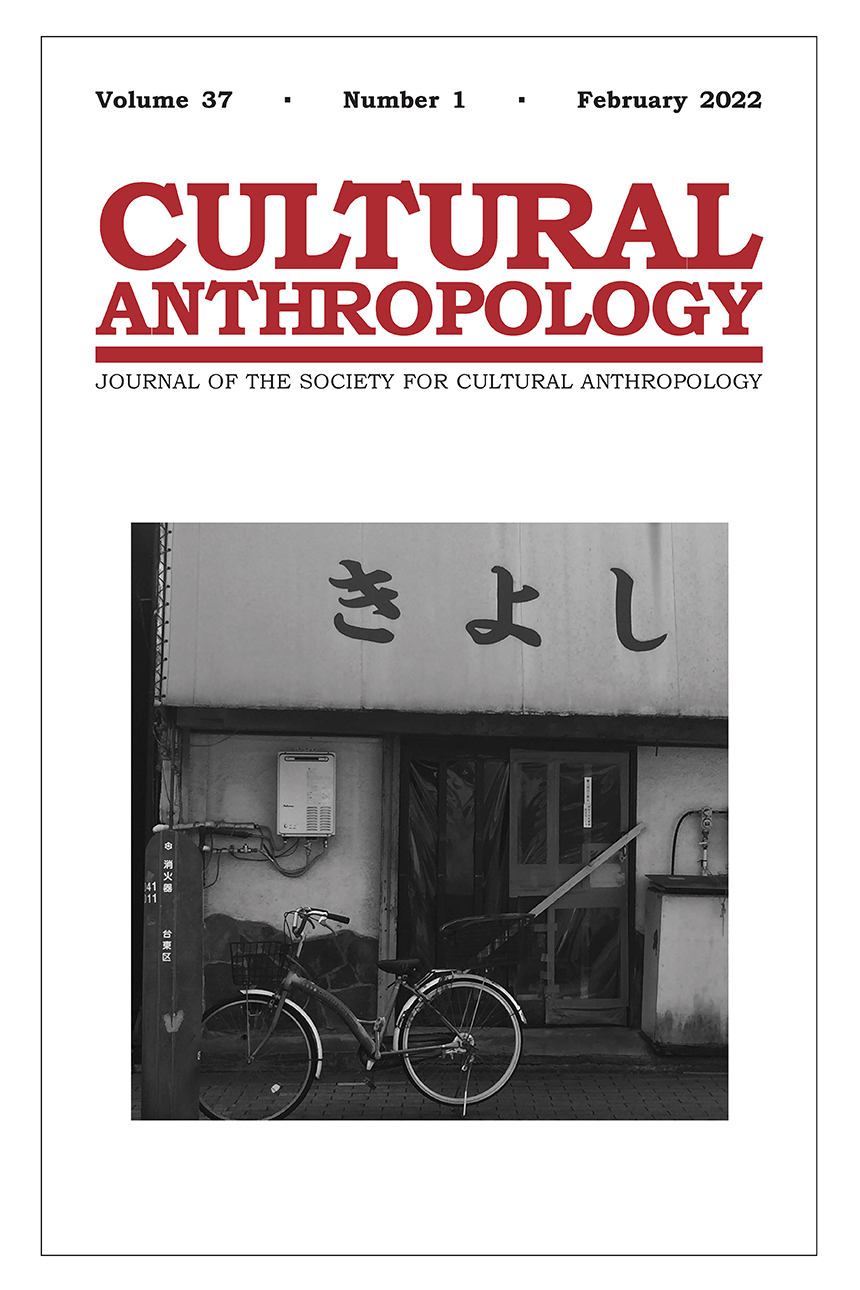
Cultural Anthropology
As cash has suddenly gone missing from Swedish life, a growing range of citizens and institutions have sounded the alarm that cash enabled a space of egalitarian access now under threat. But because commercial bank currency is gradually displacing public central bank currency, cashlessness in Sweden is not only threatening its egalitarian ethos but also the Swedish Central Bank’s capacity to provide a guaranteed state payment mechanism. The consequences of Sweden’s battles over cash-issuance may presage the future of our global banking system in a digital age, while also illuminating what is here called currency’s “tethering mechanism.” Because bank-issued currencies represent chains of credit/debt, exchanging and storing different currencies can tether and de-tether their users to different institutions, thereby offering anthropologists the possibility of mapping the waxing and waning of various dominant social institutions.
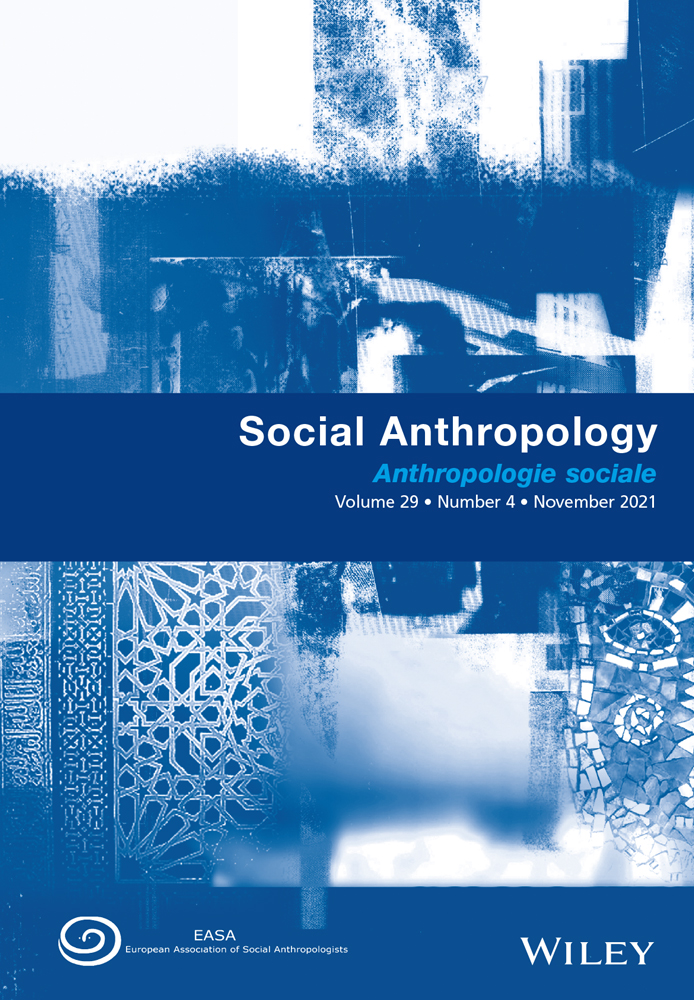
Social Anthropology
This article aims to place dependency into a conversation with its opposite, sovereignty. It does so by proposing that the two concepts work dialectically, thereby casting doubt on the ideal type of sovereignty that predominates in political theory. Relying on examples from 19th-century debtors' prisons and 21st-century offshore havens, the article argues that complete sovereignty is a powerful and driving myth that must be continually contested, recognising instead that all modes of sovereignty entail simultaneous modes of dependency. Ethnographic and historical evidence can help us to chart these complex links of sovereignty and dependency, rather than elevate the former and be suspicious of the latter.
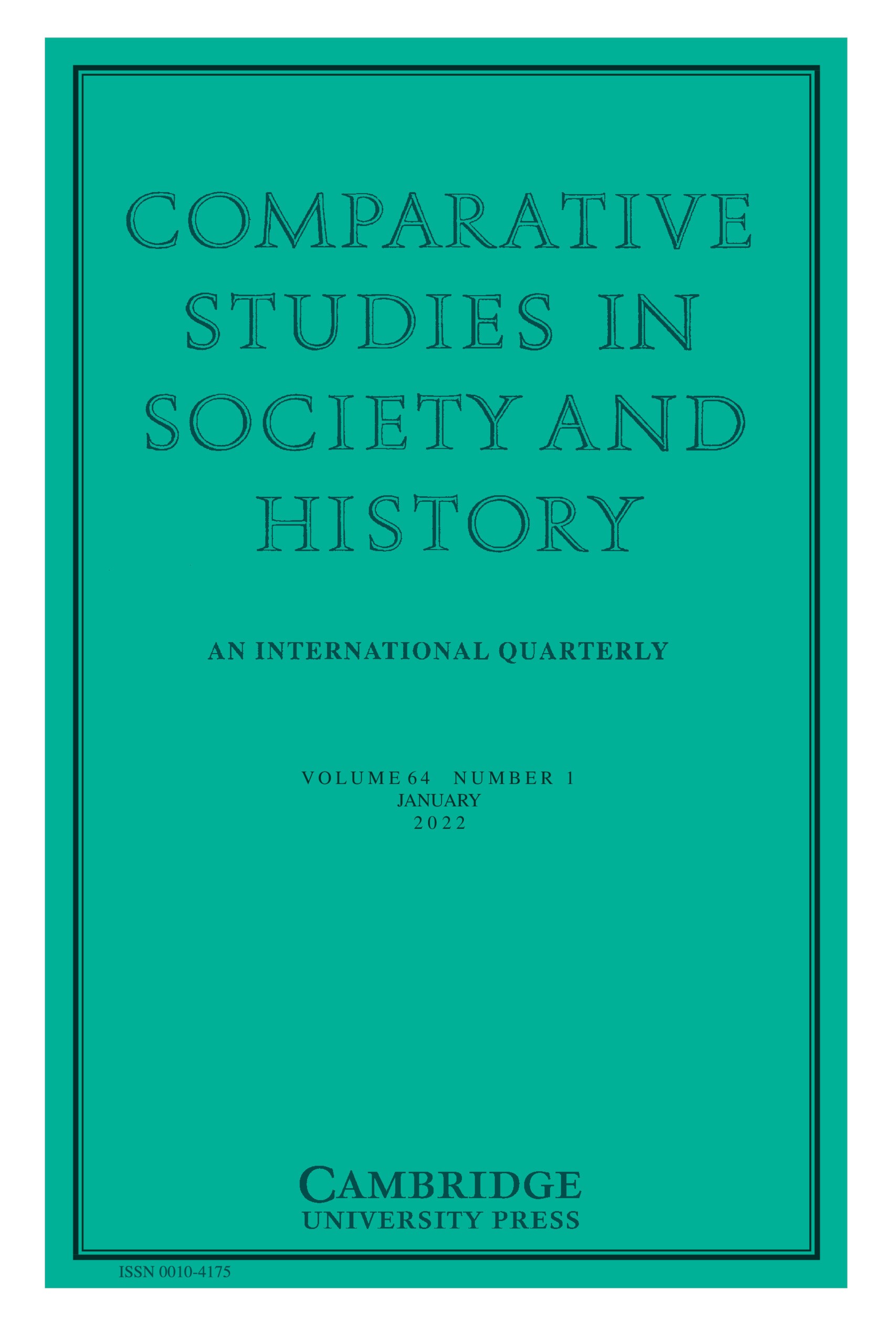
Comparative Studies in Society and History
This article documents the social movements that underpinned the abolition of the debtors’ prison. Dappled across the entire planet, debtors’ prisons were a central tactic in enforcing credit/debt contracts. Over the 19th century, they became seen as increasingly “barbaric” and they fell out of favor across many countries in rapid succession. As such, the story of the abolition of the debtors’ prison not only informs us of blossoming governmental adjudication of credit/debt contracts, it also provides an inspiring example of a wildly successful international prison abolition movement.
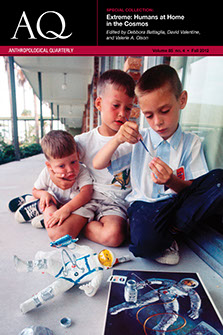
Anthropological Quarterly
This review essay takes a synoptic view of the ethnographic record concerning the long-standing and cross-cultural associations between money and dirt. In questioning why this association crops up as often as it does, the article offers a reinterpretation of the money form, pointing out that dirt—as a transgressive mediator between discrete realms— is itself a cross-cultural trope that is often intimately tied to ideas and rituals of social reproduction and fertility. He suggests that the widespread denigration of money as dirty may serve as a sort of economic regulatory mechanism, which aims to reinvigorate money's potential fertility when this latter has become sterile due to alleged acts of anti-social exchange or non-exchange.

Social Anthropology
This article contends that the anthropological analysis of ritual can shed light on our understanding of insolvency and bankruptcy practices.
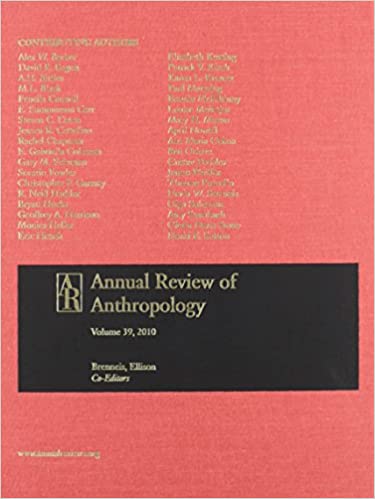
Annual Review of Anthropology. Vol., 39
Whether concerned with kinship or with kula, anthropology’s interest in credit and debt goes back to the very beginnings of the discipline. Nevertheless, this review dedicates itself primarily to more recent research trends into credit and debt’s powerful nature and effects. Following Mauss, credit and debt are treated as an indissoluble dyad that contributes to diverse regulatory mechanisms of sociality, time, space, and the body. Anthropology’s overarching contribution to this field of inquiry rotates around its refusal to segregate the moral from the material, seeing the ubiquitous moral debates surrounding credit and debt in various ethnographic settings as co-constitutive of their material effects.
Public Culture
This article presents the emergence of national paper money as the gradual exchange of international signs of value for national signs of value, carefully tracking which social entity gets to hold onto which type of sign. This gradual swapping of one sign system for another then carries important consequences for binding the citizens to the nation-state. Not least, whereas most studies of nationalism contribute to our understanding of how citizens became tied to a convergent and produced national past, the history of the emergence of national paper money will show that it is equally important to consider the manner in which people became bound, in unison, to the nation-state’s future.
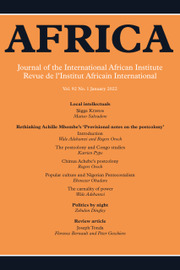
The Social Dynamics of Unbanking in Africa and Beyond
Africa (Journal of the International African Institute)
This article tries to shed new light on the reasons for global, endemic, “unbanking.” Despite much effort, audiences seemingly ripe to become banked keep voting to keep their money in the proverbial mattress, thereby failing to link up their money with the vast, globally interlinked capitalist machine. Instead of treating these billions of unbanked people as “irrational,” this article seeks to place unbanking within a standard repertoire of savings practices.